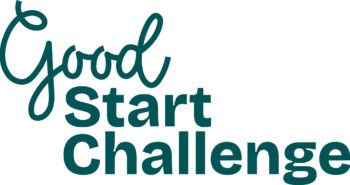Sparking innovation to support parents and caregivers
Navigating early parenthood is a profound, transformative journey, yet it’s often fraught with challenges from mental health to financial strain. This blog explores how innovation can bridge the critical gap in support for parents themselves, focusing on novel solutions for common struggles like transportation, community support, mental well-being, and livelihood building.
The early days and years of parenthood can be a precious gift. Learning to take care of a newborn, and then helping that baby grow into a toddler and young child, can be truly magical. Babies and toddlers grow, learn and change at a stupendous rate.
This time period is profoundly transformative for parents, too. When people become parents, they experience neurological and biological changes – which occur in fathers too – along with major lifestyle, identity, and career shifts. Many people change jobs or working patterns, move house, re-prioritise budgets, make new friends, (maybe lose old ones), and overall re-evaluate what is important to them, both out of necessity as well as a new perspective on values and lifestyle.
This can also be a time of stress and despair. Mental health issues might surface, or be triggered. Finances are strained, sleep isn’t happening, and feeding might be challenging. Loss of income and lack of social or familial support can compound these stressors. And while these pressures are difficult for anyone, they can be severely limiting for parents and caregivers in disadvantaged circumstances, such as those grappling with displacement, discrimination, natural disasters, poverty, structural inequalities, and more.
While there are many support services to improve early childhood development, there is a gap in support specifically aimed at parents, as people. We think there are missed opportunities to harness the power of innovation to support parents and caregivers at this pivotal point in life, and that’s why, together with our partners, we have launched the Good Start Challenge.

What do we mean by innovation?
To me, innovation is about creating new ways to improve the world and people’s lives, and forging pathways for them to work at scale, so the novel becomes the norm and a wider set of people benefit. It’s not about simply improving products or services or delivering more of them, but about introducing new or different ways of solving a problem. Often, this means bringing different approaches or people together to create something powerful.
What kinds of innovations do parents need?
- Parents need to get where they are going, with young children along for the ride. When we set out to explore what everyday challenges people face in caring for young children, one thing that kept coming up was movement. Have you ever tried to get on a crowded bus with a baby and a toddler? What about a boda boda? Transport services, whether the physical infrastructure, the vehicles, or the scheduling and service design, are historically designed for men; usually men going to work, alone. Are there smarter ways to make it easier for parents to get to work, school, markets, or doctors with young children in tow?
- Parents need to get stuff done. No one is busier than parents of young kids, trying to piece together childcare, paid work, household admin, medical appointments, and more. Are there smart ways to create better hyperlocal connections between parents, enabling them to share childcare services and join forces?
- Parents need mental health support. Some parents are lucky to have medical professionals and others around them to watch for signs of mental health struggles in the postpartum months and years. But what about those that don’t live in places with these checks built in? What about fathers? There could be so many opportunities to apply service design and behavioural science methods to integrate mental health monitoring and interventions into place-based services.
- Parents need to live in communities that support families. The benefits of multi-generational living are well-known. And when you design a neighborhood for children and the elderly, it’s accessible to everyone. How can we rethink the physical design of buildings, streets and neighborhoods to make life easier for parents of young children? What smart peer-support services can be built in – things like care swap systems or cooperative growing or production spaces – designed by and for parents, or joined-up services to integrate public services with work, education, and childcare?
- Parents need ways to build their livelihoods. What if we could create more human-centred and scalable ways to enable parents to expand their skills or grow enterprises, without ignoring their identity and responsibilities as parents? For instance, can we co-locate childcare or early education with adult education and career development, or integrate shared workspace and enterprise growth support with care for children?
This is just a start! What do you think parents need?
Apply now
The Good Start Challenge is now open for entries! Visit the challenge website to learn more, sign up for an upcoming webinar, check out the entry form and requirements, and contact us with your questions.
The deadline to submit entries is 17 September 2025, 1PM UCT.



